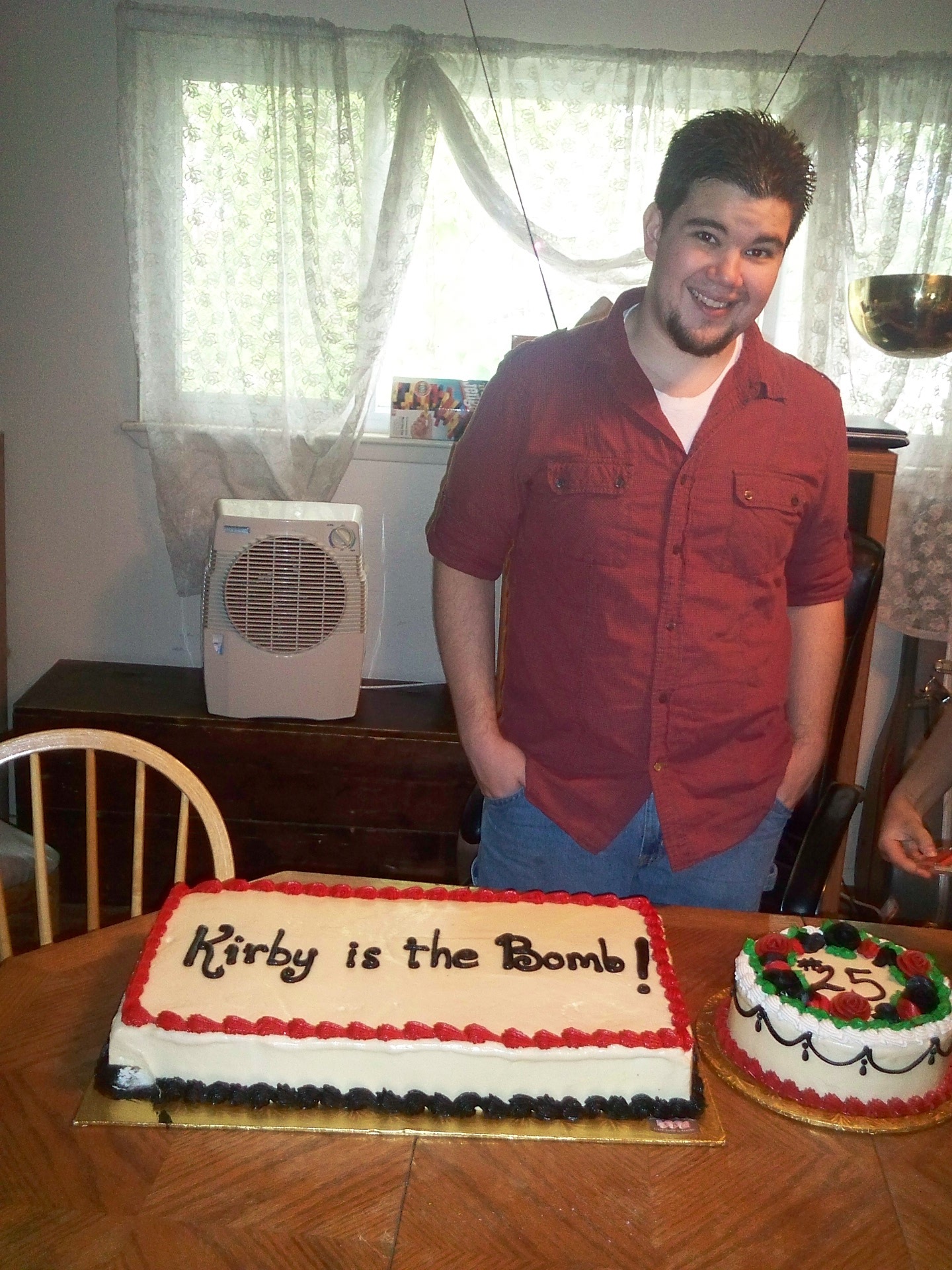
If we've been conditioned to believe that children are unworthy and inferior but we consciously step away from that place and see the wholeness in our children, then one of the easiest things to see is the lack of wholeness in ourselves. It can be frightening.
When we see the level of thoughtfulness and competence a small child can have when he hasn’t been belittled or discouraged or shushed, we can start to think that if we undo the discouraging, belittling and shushing voices inside of us, we might regenerate our own native thoughtfulness and competence.
photo by Holly Dodd
__






